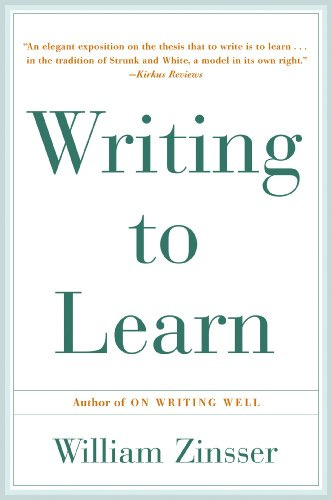“Skilled writers and editors read not just with voracity but also with an eye toward larceny, always on the lookout for moves they can learn and repurpose.”
— Good with Words: Writing and Editing (2019)
I teach courses at the University of Chicago Law School, the University of Michigan Law School, and the UCLA School of Law that cover everything from teamwork, to editing, to creativity, to artificial intelligence. In every one of them, I try to give students a steady diet of high-quality reading material from a wide range of authors, genres, and disciplines. I then tell them, through a weekly “Good Sentences” assignment, to start paying attention to more than simply the content of the sentences they decide to read. To become better writers and thinkers, they should also focus on—and try to emulate—the craft with which those sentences were put together.
This monthly newsletter is designed to share that assignment with a wider audience.
Its operating premise (“to write good sentences, you need to read good sentences”) draws inspiration from a host of super accomplished writers who have endorsed that same idea—only in slightly different words. Here are a few:
“Reading comes from writing.”
—Jhumpa Lahiri, In Other Words (2015)
“I’ve always said the only way to be a good writer is to be a good reader. You can’t do it consciously. You can’t say, ‘This is how you need to structure a sentence.’ But your mind structures the words and it sees them, and when you try to write them again, they tend to come out better because your mind is thinking of what was a pleasing sentence to read and remembers that when you try to write.”
—US Supreme Court Chief Justice John Roberts, Interview with Bryan Garner (2010)
“If anyone asked me how I learned to write, I’d say I learned by reading [the people] who were doing the kind of writing I wanted to do and trying to figure out how they did it.”
—William Zinsser, Writing to Learn (1993)




